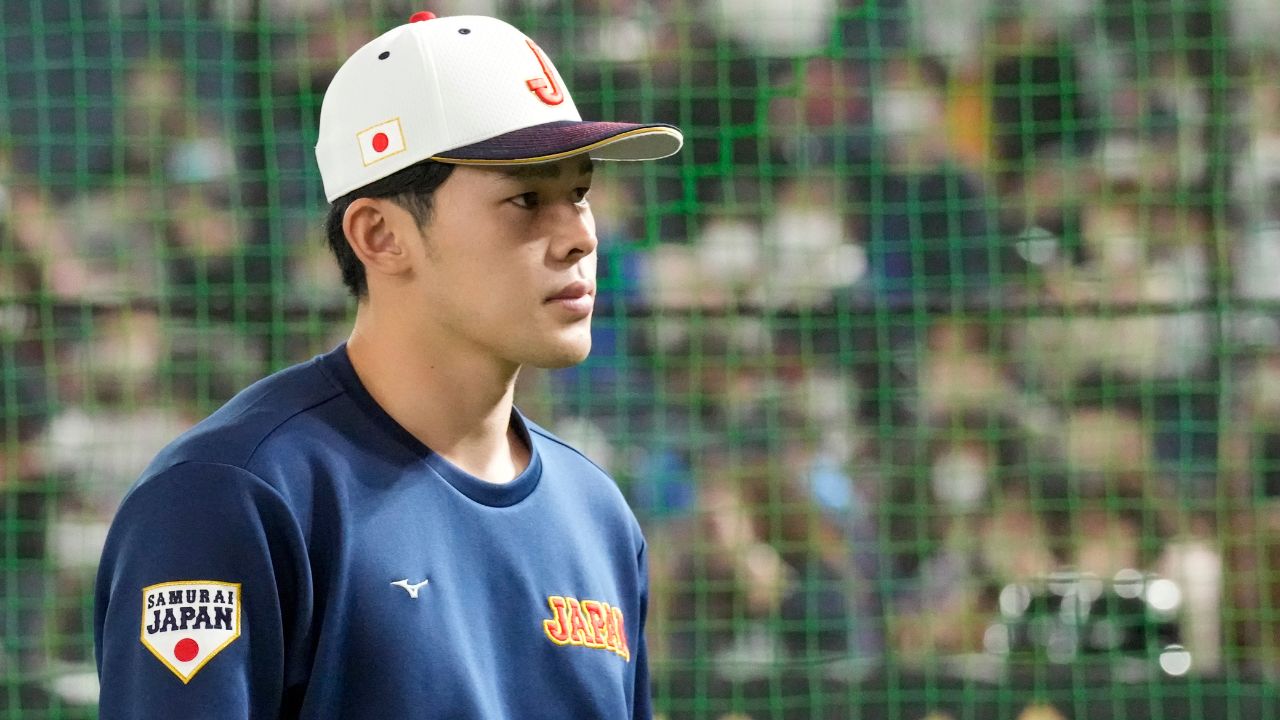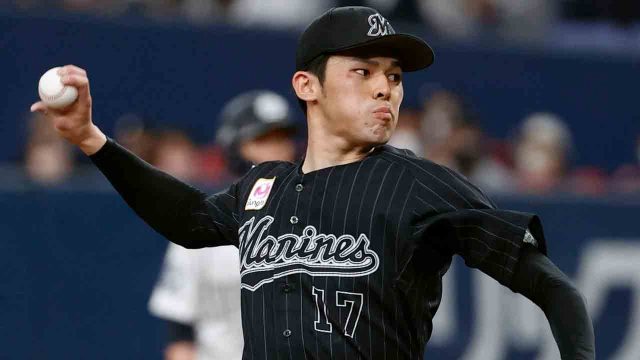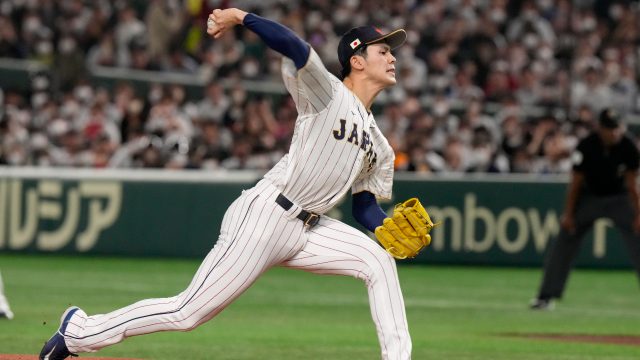
TORONTO – Fairly or not, there’s power in narrative, so when Roki Sasaki did what the industry expected and chose the Los Angeles Dodgers, well, it certainly reinforced the one about the Toronto Blue Jays being perennial runners-up.
Consider the pursuits they were fully committed to this off-season and last – Shohei Ohtani, Juan Soto, Corbin Burnes and now, Sasaki – and together they read as sad-and-cruel chapters from the same tale, even if each case is separate and unique.
There’s a subtle distinction there, although it doesn’t really matter when fans keep having their hopes raised and dashed. For them, understandably, fatalism is an easy and logical response, but for any front office, what alternative is there other than to keep trying, as they were Friday with free-agent outfielder Anthony Santander?
Should they not do everything to pursue the possible, even if it’s improbable?
The Blue Jays, after all, spent years building an infrastructure to support the pursuit and signing of top players, renovating both the Rogers Centre in Toronto and spring complex in Dunedin, Fla., while creating more competitive revenue streams via new premium spaces.
Now that the machine is in place, they’re taking the types of swings they should be taking, challenging for a class of player too long out of reach. That they signed George Springer, Kevin Gausman and Chris Bassitt, among others, while their competitive window was on the upswing is perhaps demonstrative of the potential when the baseball side is right.
When it’s not, however, the challenge amplifies.
How perfect does the situation need to be to keep Ohtani from the Dodgers, where his baseball and business interests perfectly align? Or to keep Soto from a Mets team hell-bent on adding him amid a four-team bidding war? Or to buy Burnes out of the ideal family situation in Arizona? Or to lure Sasaki north when money couldn’t be the deciding factor?
When you’re not a destination market, there’s a price for coming off a 74-88 season, after consecutive and painful wildcard eliminations, with a talented but questioned-filled roster, and cornerstones Vladimir Guerrero Jr. and Bo Bichette pending free agents.
Throw in that the contracts of president and CEO Mark Shapiro and manager John Schneider both expire after this year and GM Ross Atkins is up after 2026, that’s a whole lot of instability to make a free agent with options to look past.
Everything the franchise does, then, gets viewed through that narrative prism, which made dissecting a disappointing Friday all the more intriguing.
In the morning it looked like the Blue Jays’ attempts to establish a Pacific-Rim pipeline, something they’ve been working on since 2018 when Hideaki Sato was hired as the co-ordinator there, were about to hit paydirt. Their acquisition of $2 million in additional international bonus pool room from the Cleveland Guardians, taking on Myles Straw and $11.8 million of the $15.55 million he’s guaranteed over the next two years to make it happen, was read by some rival executives as a sign Sasaki might be heading north.
Otherwise, with the top talent in the signing period that opened Wednesday already signed, why take on all that money for an outstanding defensive outfielder who hits so little Cleveland kept him in the minors for all of 2024?
The trade, after all, could have been made contingent on Sasaki saying yes. That seems to be what the Dodgers did, as once Sasaki announced his decision on Instagram, trades with Philadelphia and Cincinnati for bonus-pool room quickly followed.
Underlining the point, an industry source said the Padres, the other Sasaki finalist left in the lurch, were also believed to have contingency deals for pool room ready if needed.
Whatever the case, the space the Blue Jays added won’t go to waste.
They’ll soon lock in the prospects they’d reached handshake agreements with but put on hold while Sasaki decided, led by a pair of Dominican shortstops in Cristopher Polanco, expected to sign in the $2-million range, and Juan Sanchez, who’ll command around $1 million. The current signing period expires Dec. 15, so they’ll have until then to seek out upside plays like past signings such as Kendry Rojas, Sem Robberse and Yosver Zulueta.
That won’t help the team in 2025, of course, and Straw doesn’t offer the one thing the Blue Jays lineup needs more than anything – production.
Santander, on the other hand, does offer real pop, the kind needed behind Guerrero to penalize pitchers who decide to pitch around the four-time all-star. He’d combine with the Blue Jays’ other winter additions – three-time Gold Glove second baseman Andres Gimenez, all-star closer Jeff Hoffman and relievers Yimi Garcia and Nick Sandlin – and help make the Blue Jays a better team than they were a year ago.
Whether or not it’s the off-season they wanted, it’s the one they got.
In that way, narrative drove reality as much as reality drove narrative for the Blue Jays in this fateful off-season, one helping decide not only the club’s fate in 2025, but also its wider direction for 2026 and beyond.






